PRESIDENT PUTIN: “If TRUMP’S 2020 election victory wasn’t STOLEN, perhaps the UKRAINE CRISIS would NOT have happened.”
In a controversial statement that has sparked debates around the world, Russian President Vladimir Putin has suggested that the ongoing Ukraine crisis might not have occurred if Donald Trump had won the 2020 U.S. presidential election. Putin’s comments, made during a recent interview, have reignited discussions on the complex relationship between the U.S. and Russia, and whether Trump’s presidency could have altered the course of the conflict in Ukraine. Let’s examine what Putin said, the underlying implications of his statement, and what it could mean for global politics moving forward.
Putin’s Remarks and the Alleged 2020 Election Fraud
Vladimir Putin’s remarks regarding the 2020 U.S. presidential election are significant for several reasons. The Russian leader echoed claims that Trump’s victory in the election was “stolen” from him, a narrative that Trump and his supporters have consistently promoted since his loss to Joe Biden. Putin, who has long been a vocal supporter of Trump, suggested that the 2020 election outcome set the stage for the current geopolitical instability, including the ongoing war in Ukraine.
Putin’s suggestion that the Ukraine crisis could have been avoided if Trump had remained in office is tied to his belief that Trump’s foreign policy approach was more favorable to Russia than Biden’s. Under Trump, relations between the U.S. and Russia were marked by a mix of cooperation and tension, with Trump taking a more conciliatory stance toward Russia in certain areas. This, according to Putin, may have prevented the escalation of tensions that ultimately led to Russia’s invasion of Ukraine in 2022.
The Impact of Trump’s Foreign Policy on Russia
During his presidency, Donald Trump pursued an unconventional foreign policy that often diverged from the traditional U.S. stance on various international issues. Trump’s approach to Russia, in particular, was characterized by a degree of warmth, despite concerns over Russian interference in U.S. elections and other geopolitical issues. Trump repeatedly praised Putin and expressed admiration for his leadership, which drew criticism from political opponents and experts who saw it as an indication of a more pro-Russian stance.
Putin’s comments reflect the view that a continued Trump administration would have resulted in less stringent sanctions on Russia and a more cooperative relationship between the two countries. Throughout his presidency, Trump was often reluctant to impose harsh sanctions on Russia and questioned U.S. involvement in NATO’s efforts to counter Russian aggression. Putin likely believes that with Trump’s leadership, diplomatic negotiations regarding Ukraine and other territorial disputes might have taken a different course, potentially avoiding the war in Ukraine.
However, critics of Trump argue that his policies, while not overtly antagonistic toward Russia, did not prevent the Kremlin from pursuing aggressive actions in neighboring countries. The annexation of Crimea in 2014, Russian support for separatist movements in Eastern Ukraine, and cyber-attacks on Western nations occurred under Trump’s watch, challenging the narrative that Trump was entirely beneficial to Russia. Some believe that Russia’s actions were driven by its own strategic goals, irrespective of who was in the White House.
The Biden Administration’s Approach to Ukraine
In stark contrast to Trump’s approach, President Joe Biden’s administration has taken a firm stance against Russia, particularly with regard to the Ukraine conflict. From the outset, Biden condemned Russia’s invasion of Ukraine and imposed a wide range of sanctions aimed at crippling the Russian economy and weakening Putin’s regime. Biden has also been a vocal supporter of Ukraine, providing substantial military and humanitarian aid to help the country defend itself against Russian aggression.
Putin’s comments about the 2020 election suggest that he views Biden’s policies as a contributing factor to the escalation of the Ukraine crisis. Under Biden’s leadership, the U.S. has strengthened its support for NATO and reinforced its commitment to global alliances, which has only heightened tensions with Russia. From Putin’s perspective, a Trump victory might have meant a continuation of a more neutral or cooperative approach, potentially averting the conflict that has dominated headlines for the past two years.
Biden’s administration has also increased military presence in Europe and supported Ukraine with advanced weaponry, further antagonizing Russia. This shift in U.S. foreign policy, according to Putin, may have triggered Russia’s decision to take more aggressive action in Ukraine, believing that NATO’s expansion and U.S. involvement in the region represented a direct threat to Russian security interests.
The Ukraine Crisis: A Broader Geopolitical Struggle
The Ukraine crisis, while deeply rooted in Russia’s historical and territorial ambitions, is also part of a larger geopolitical struggle involving NATO, the European Union, and the United States. Russia has long viewed NATO’s eastward expansion as a threat to its sphere of influence, and Ukraine’s potential membership in NATO has been a key point of contention. Putin has repeatedly cited NATO’s presence on Russia’s doorstep as a justification for his actions in Ukraine.
While Trump’s foreign policy might have led to a different approach to NATO and Ukraine, it’s important to note that Russia’s desire to assert its dominance over Ukraine and other former Soviet states predates Trump’s presidency. Putin’s strategic goals have been consistent, and the decision to invade Ukraine in 2022 was likely influenced by a combination of factors, including NATO’s expansion, internal political dynamics within Russia, and Putin’s desire to restore Russia’s influence in Eastern Europe.
Trump’s policies might have delayed or shifted Russia’s actions, but they likely would not have eliminated the underlying tensions that have fueled the conflict. The crisis in Ukraine is ultimately the result of deep-seated geopolitical rivalries and Russia’s aspirations to reclaim its perceived position of power.
Global Reactions to Putin’s Statement
Putin’s remarks about the 2020 election and the Ukraine crisis have sparked reactions across the globe. Critics of Trump’s foreign policy argue that blaming the election outcome for the conflict is an oversimplification of the complex issues at play. The Ukraine crisis cannot be reduced to the actions of one U.S. president, they argue, as it involves longstanding geopolitical dynamics and Russia’s broader ambitions in the region.
On the other hand, Trump’s supporters point to his “America First” approach as evidence that he was committed to reducing U.S. involvement in foreign conflicts, including in Ukraine. They argue that under Trump, the U.S. would not have been as heavily engaged in Europe’s security, and that his policies could have prevented the escalation of tensions with Russia.
The differing perspectives highlight the broader divide in global politics and the complex nature of international relations. Putin’s statement serves as a reminder that foreign policy decisions are not made in isolation and can have far-reaching consequences, especially in volatile regions like Eastern Europe.
In Conclusion
Vladimir Putin’s claim that the Ukraine crisis might not have happened if Donald Trump had won the 2020 U.S. election adds another layer of complexity to the ongoing debate about U.S.-Russia relations and the role of global leadership in preventing conflicts. While it is impossible to definitively predict how history would have unfolded under a second Trump administration, it is clear that the Ukraine crisis is the result of many factors, including Russia’s own ambitions, NATO’s expansion, and the actions of multiple global players.
Trump’s refusal to take a more adversarial stance toward Russia might have led to a different diplomatic environment, but it likely would not have prevented the deep-rooted tensions that ultimately led to the invasion of Ukraine. As the conflict continues, the world remains divided on the best approach to securing peace and stability in the region.
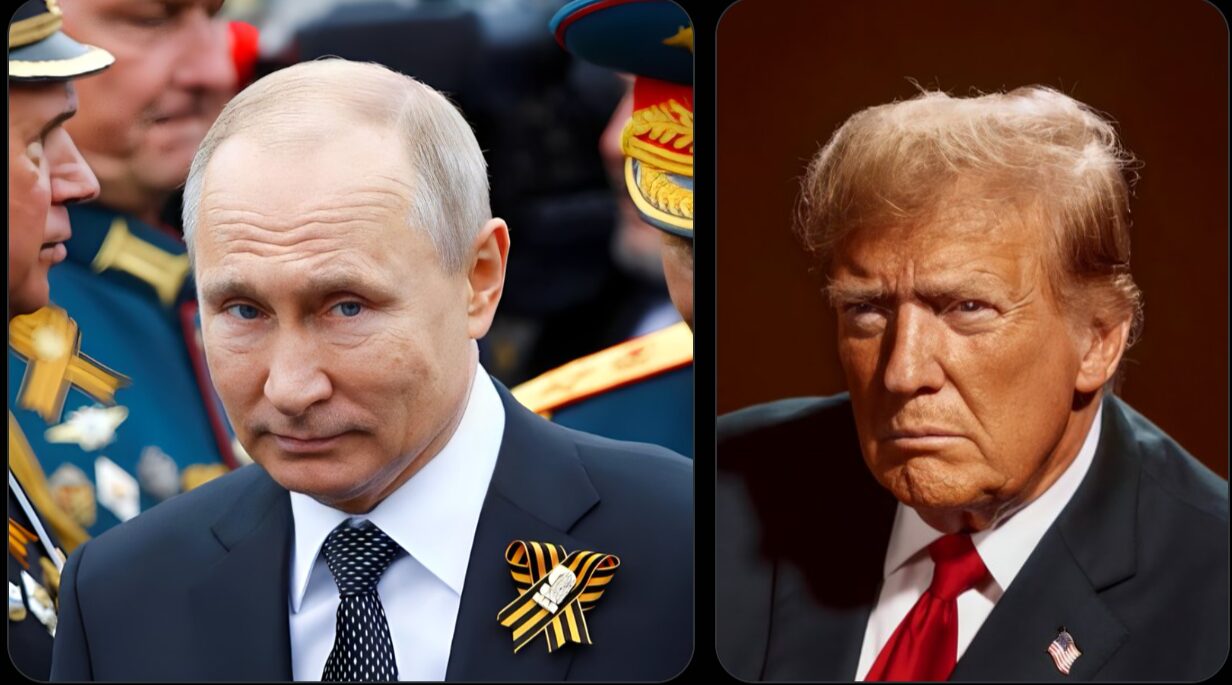
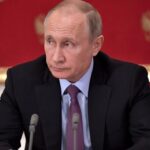
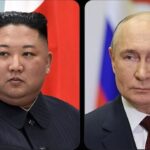
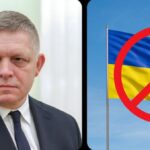
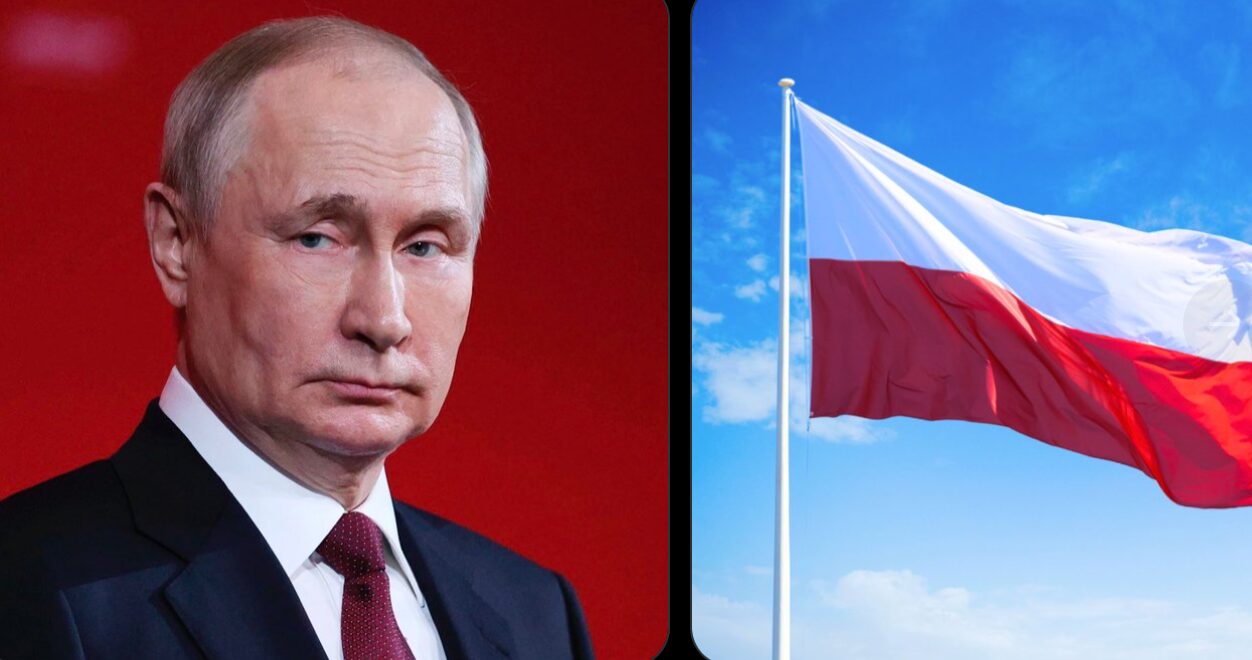
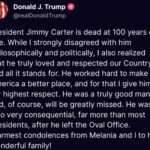
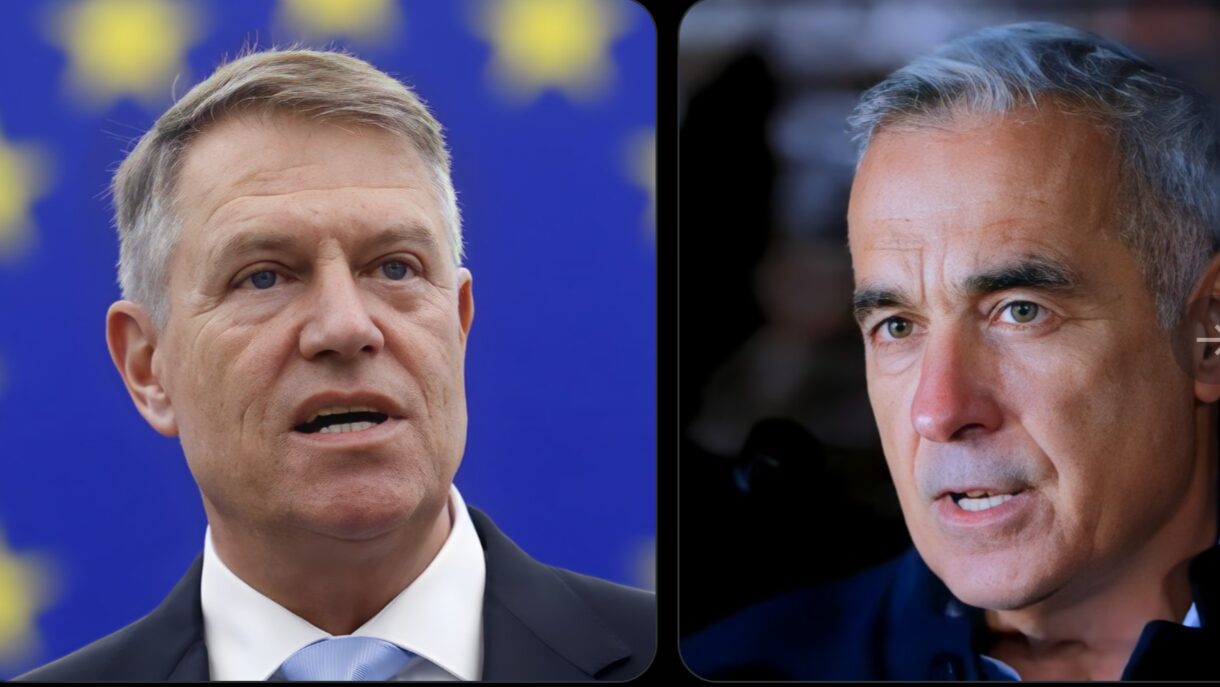
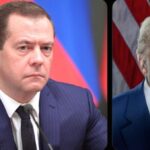
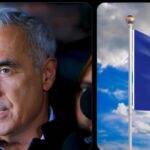








Post Comment